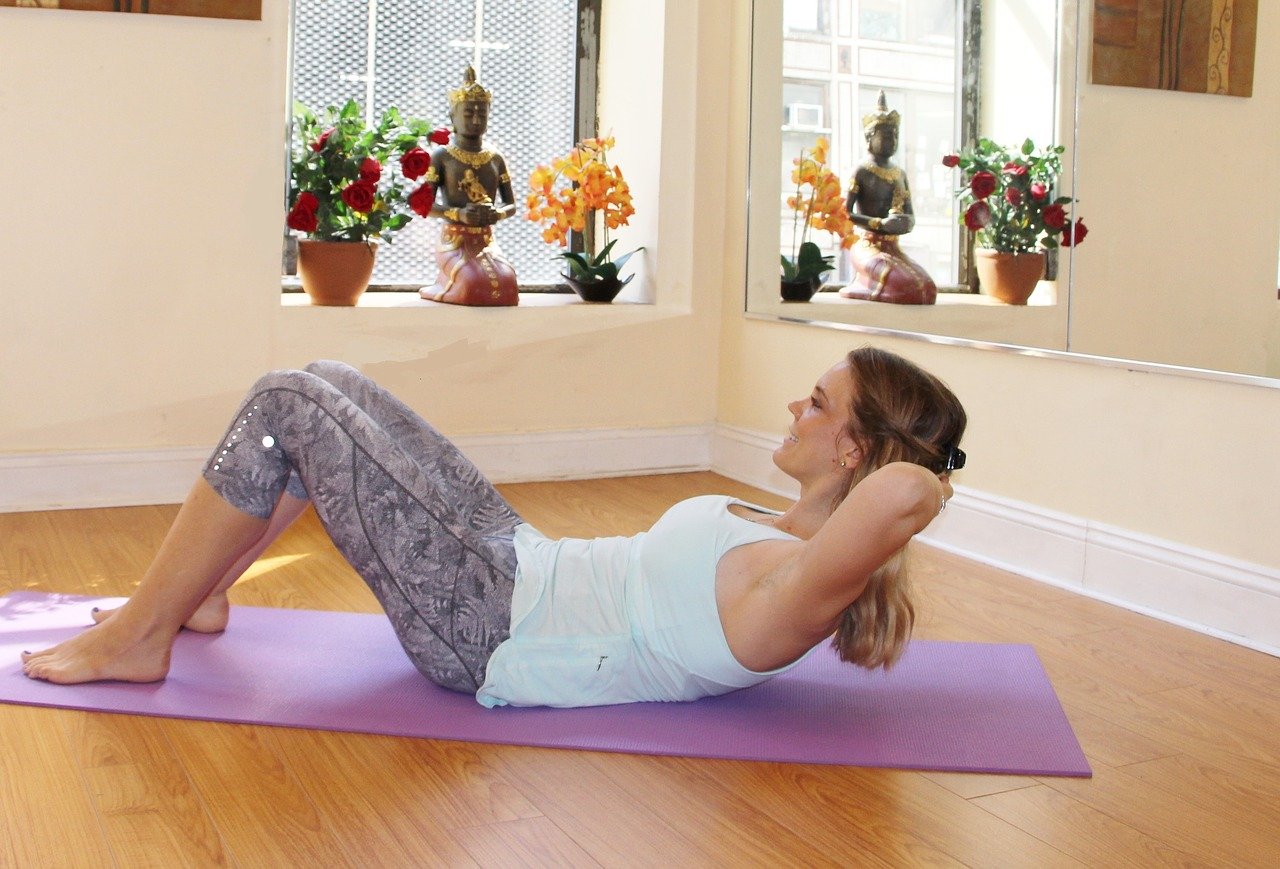In December 2018 researchers from Italy published their review of the medical scientific literature to assess the evidence supporting different rehabilitation techniques for the management of low back pain, one of the major causes of disability worldwide. A total of 26 studies met the search criteria and were included in the review. Of these 26 studies, 14 studies covered pilates, six McKenzie, one Feldenkrais, three Global Postural Rehabilitation and two Proprioceptive Neuromuscular Facilitation. The researchers reviewed each study with respect to pain and disability, quality of life and psychological aspects, as well as muscle strength, mobility, muscular activity and flexibility. The results showed that all the techniques appeared effective for reducing pain and disability and improving quality of life, with the benefits being maintained at follow-up. In fact Pilates, McKenzie and Feldenkrais programmes not only reduced pain but appeared to be more efficient than medicinal products in reducing disability as well as improving all psychological aspects. In addition, Global Postural Rehabilitation showed long lasting results for muscle strength, mobility, muscular activity and flexibility. The researchers therefore concluded that currently it is difficult to state that one approach is better than another, and further high quality research is required to confirm the effectiveness of these different programmes.
Paolucci T et al. Chronic low back pain and postural rehabilitation exercise: a literature review. J Pain Res. 2018 Dec 20;12:95-107.

